Pica in pregnancy is uncommon. It’s not unusual for pregnant women to crave weird foods, But what do you do if you’re craving non-food items too, like ice chips or even soap? Women who are pregnant can experience this, and it isn’t unusual. Pica is the desire or eating of things that aren’t food. No matter if you’re pregnant or not, this condition can occur to anyone.
Therefore, why would someone eat something that isn’t food, especially if she’s pregnant?
Find out more about pica and what you should do if you have it.
Related: Anxiety During Pregnancy
What is pica in pregnancy?
Pica is a form of an eating disorder. You may have it if you consume nonfood items continuously for at least one month.
Your body may also be out of balance if you are having these symptoms. Pica has been linked with anemia, including iron deficiency anemia, according to some research. Pregnancy can present with it at any stage, but it commonly appears in the first trimester.
People who suffer from pica may ingest (or swallow) the following:
- Ice
- Paper
- Clay
- Dirt
- Soap
- Chalk
- Baby powder
- Ash
- Cornstarch
- Uncooked rice
- Raw grains
- Hair
- String
- Cloth
- Paint chips
- Glue
- Metal
- Pebbles
It’s normal for someone who has pica to eat regular food. They will simply crave a few nonfood items as well. Ice cravings are known as pagophagia. Geophagia is the craving for earth or pebbles, while amylophagia is the craving for raw starches like rice.
Related: 15 Simple Tips to Stop Binge Eating
What causes pica?
It can be caused by a number of factors. Some of the reasons for its higher prevalence in pregnant women might be related to its causes.
It may be that you don’t get enough nutrients in your diet, which could explain your craving for nonfood items.
The foods you eat during pregnancy are essential to your growing baby as well as to you. You need proper nutrition during pregnancy.
Pregnancy can sometimes lead to nutrient deficiency due to increased demands. You may face this problem as well if you aren’t getting enough nutrients from vomiting and nausea.
Pica may be caused by a lack of important minerals such as iron and zinc. A lack of iron or B vitamins during pregnancy can lead to anemia. It can also cause pica.
The most at risk of pica include pregnant women with the following conditions:
- Insufficient nutrition or nutritional deficiencies
- People in some cultures eat nonfood items as medicine, such as clay
47.5 percent of pregnant women were found to have suffered from pica. Clay and ice were the most commonly consumed items.
A few people believed that the white clay and the ice held nutritional value, the researchers noted. Additionally, participants tended to desire the nonfood items because they were attractive and thought the scent or taste relieved their nausea.
Related: Stress During Pregnancy
Is pica in pregnancy dangerous?
In general, pica is not harmful in itself, but by dealing with its underlying causes, it can be prevented.
Ice chips aren’t particularly risky for you and your baby if you just want ice the way you like it (as long as you don’t chip a tooth). It’s worth noting, however, that anemia could be harming to baby and you if there’s an underlying cause behind your craving for ice.
If you are eating other non-food items while you are craving pica, this can directly harm your health.
If you eat non-food items such as paper, clay, or dirt, you can become ill. Additionally, they might cause you to feel full, preventing you from eating enough nutrients for your baby and yourself.
If pica isn’t treated, it can cause complications like stomach irritation, intestinal blockage, vomiting and even weight loss. Toxic foods can also cause complications.
Even if the only thing you crave is ice, tell your OB-GYN right away if you think you have pica. They can help you make sure that your child gets the proper nutrition for healthy growth and development.
If you have a craving for other things besides food, ask your doctor for advice.
Related: Depression During Pregnancy
Are there treatments for pica in pregnancy?
You cannot determine if you have pica by taking a test. The OB-GYN will determine whether you need to take vitamin and mineral supplements by reviewing your medical history and possibly ordering blood tests.
It is also possible that your OB will suggest that you take a different prenatal vitamin and that you eat a more balanced diet. Vomiting and nausea can be temporary problems if you drink nutritional food replacement drinks until your appetite returns.
Let your healthcare provider know if you continue to crave things other than food. It may also be helpful to discuss your pregnancy diet plan with a nutritionist.
Once deficiencies are addressed or after a child has been born, pregnancy pica usually vanishes on its own.
How other women deal with pica
“I have been craving ice for the past two weeks, and I have been losing the fight not to eat snow. My doctor prescribed iron pills yesterday.”
When I was pregnant with my first child, I craved dirt. I knew it wasn’t for eating, but I loved the smell of it. The smell of sand this time.”
“I do not have laundry detergent, but a friend of mine craved it while she was pregnant.”
Read: Bulimia Nervosa
Complications
Consumption of ice, for example, poses few health risks when the diet is generally healthy. However, pica can cause serious health problems in some cases.
When paint chips come from older buildings with lead paint, a craving for them can be dangerous.
There are several potential complications associated with pica, including:
- Choking
- Poisoning
- Ingestion of harmful substances such as lead can damage the brain
- Breaking teeth
- Developing ulcers
- Injuring the throat or otherwise harming the digestive system
- Diarrhea, constipation, or bloody stool are symptoms of gastrointestinal problems
Takeaway
If you get a craving for things that aren’t food, like ice or clay, you might be suffering from Pica. Pica is a sign of inadequate nutrition.
Pregnant women are more likely to suffer from Pica because their body requires more nutrients during pregnancy. When you don’t eat the right kinds of foods and are nauseated, you are more likely to have a deficiency.
If you eat too much – and what you eat – this eating disorder can be harmful to your health. If you crave nonfood items, you and your baby might also be suffering from an underlying cause.
The symptoms of pica usually disappear on their own. You can take a prenatal vitamin or improve your nutrition. You should contact your OB-GYN right away if you suspect you may be suffering from pica.
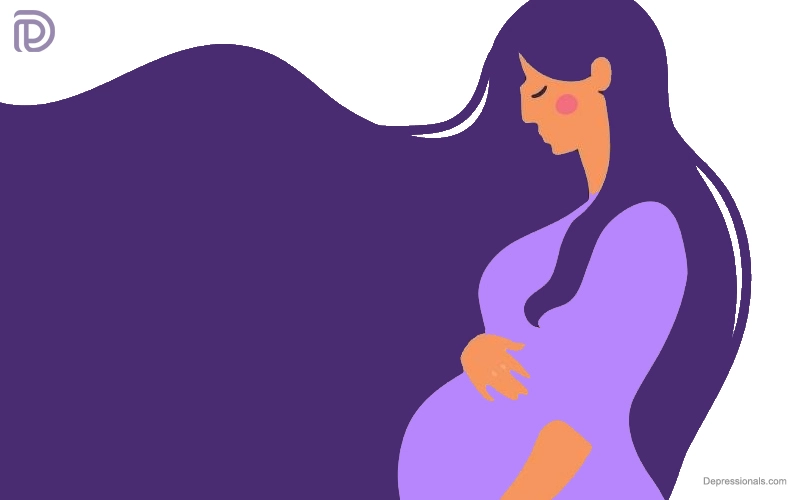
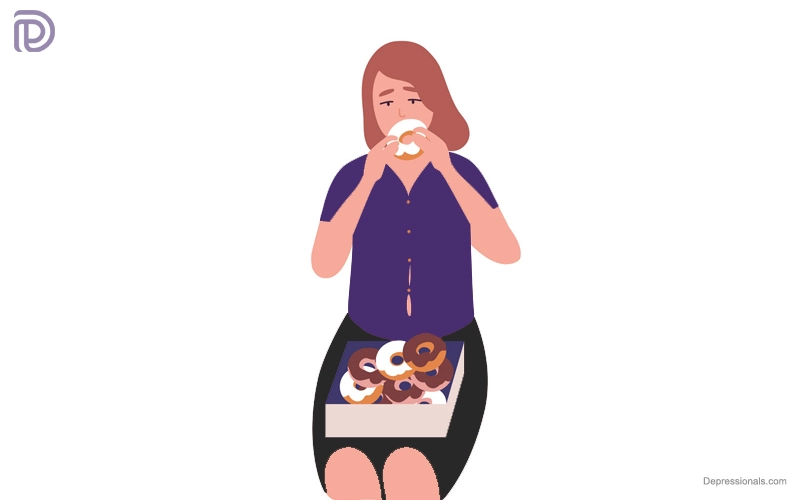
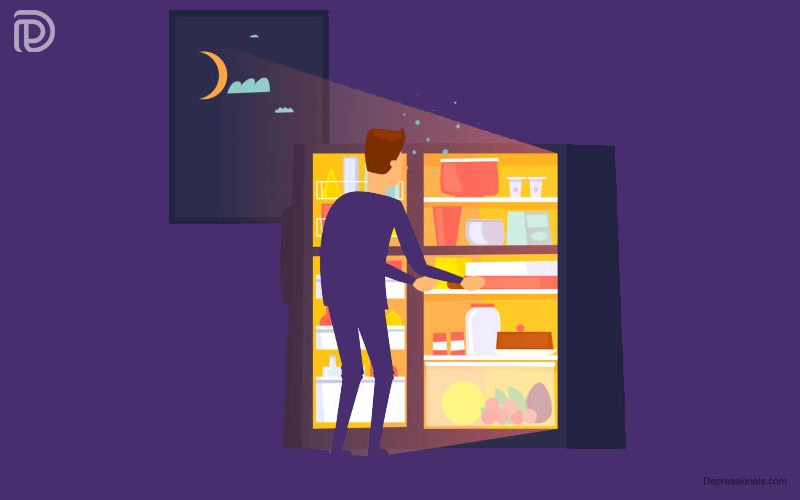
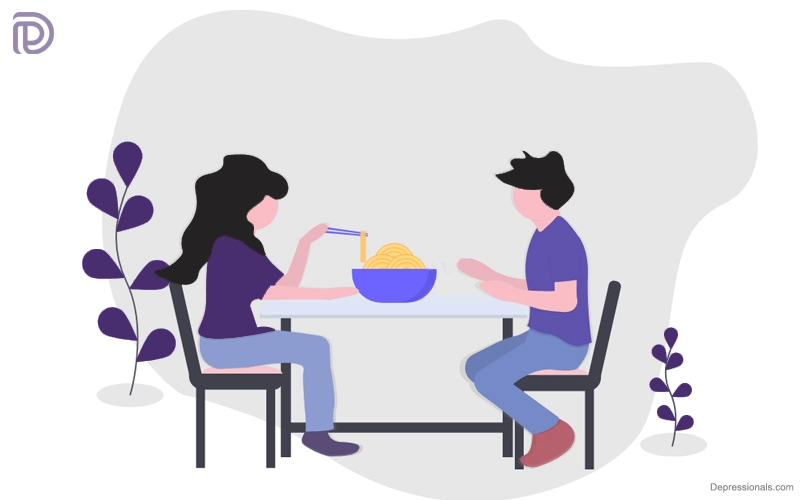
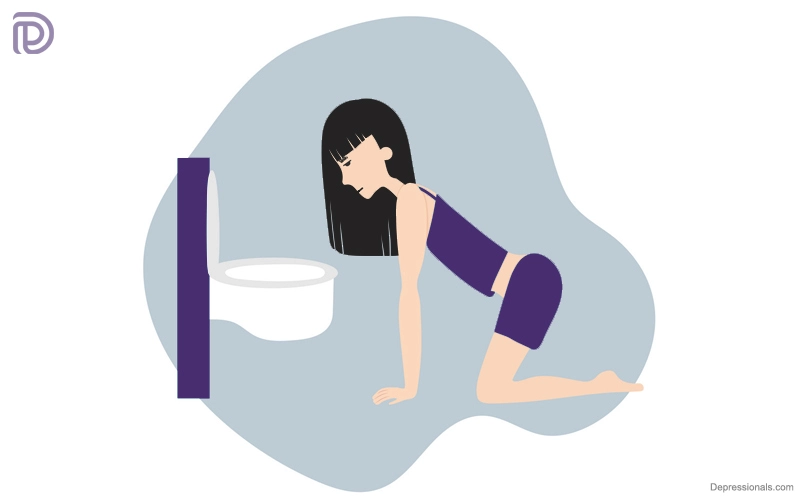

Wonderful blog! I found it while searching on Yahoo News. Do you have any suggestions on how to get listed in Yahoo News? I’ve been trying for a while but I never seem to get there! Appreciate it
There is perceptibly a bunch to identify about this. I suppose you made certain good points in features also.